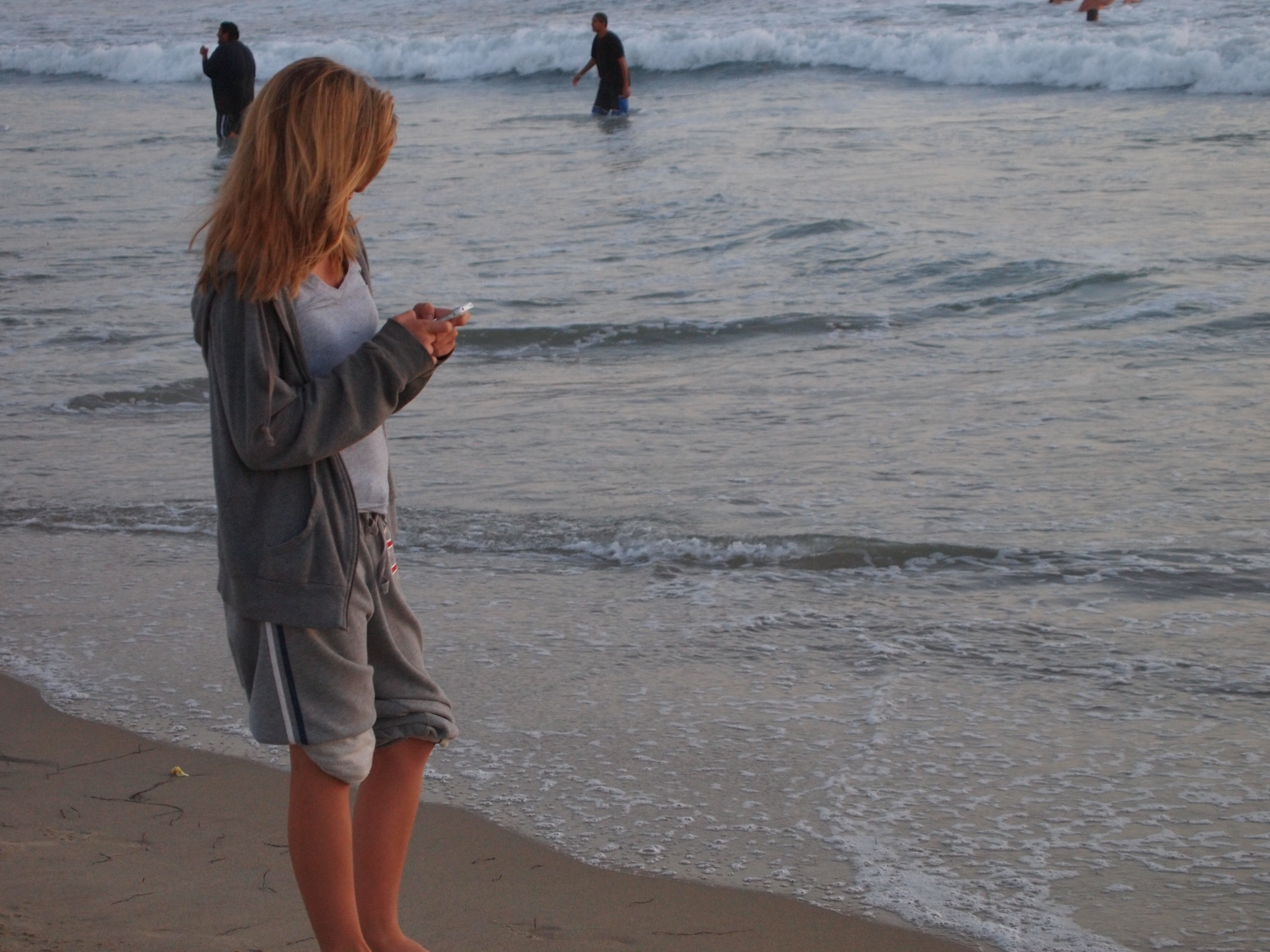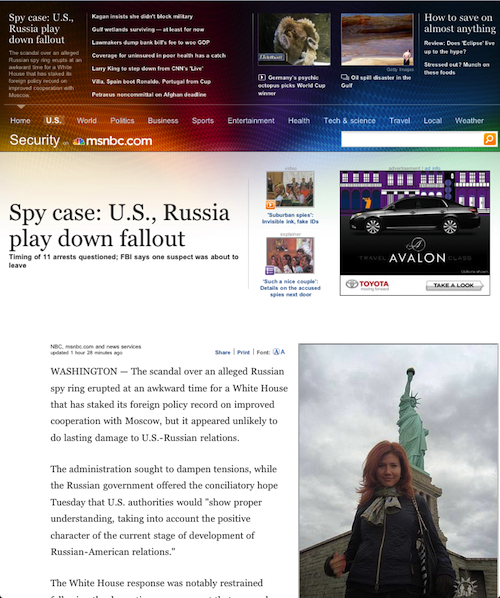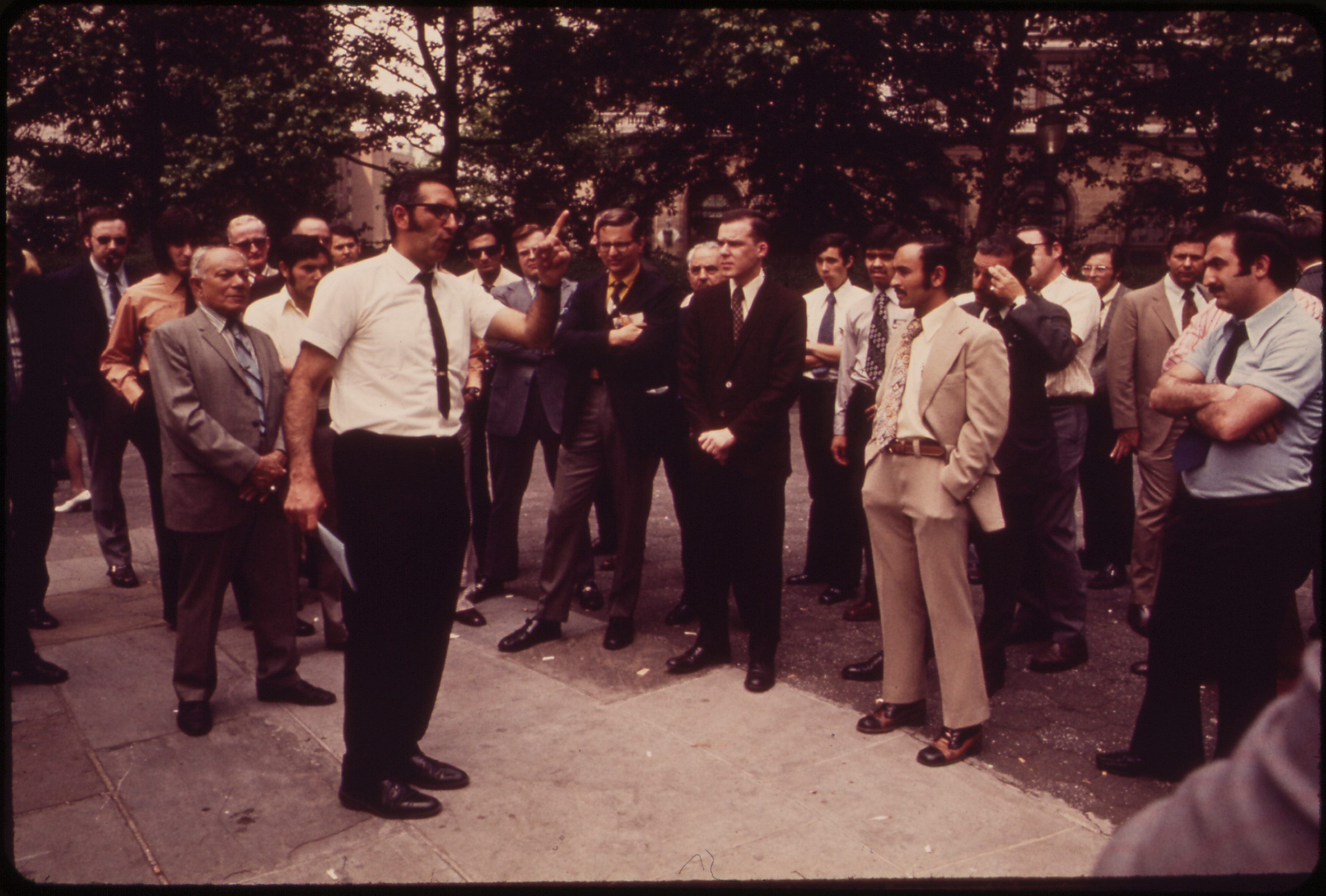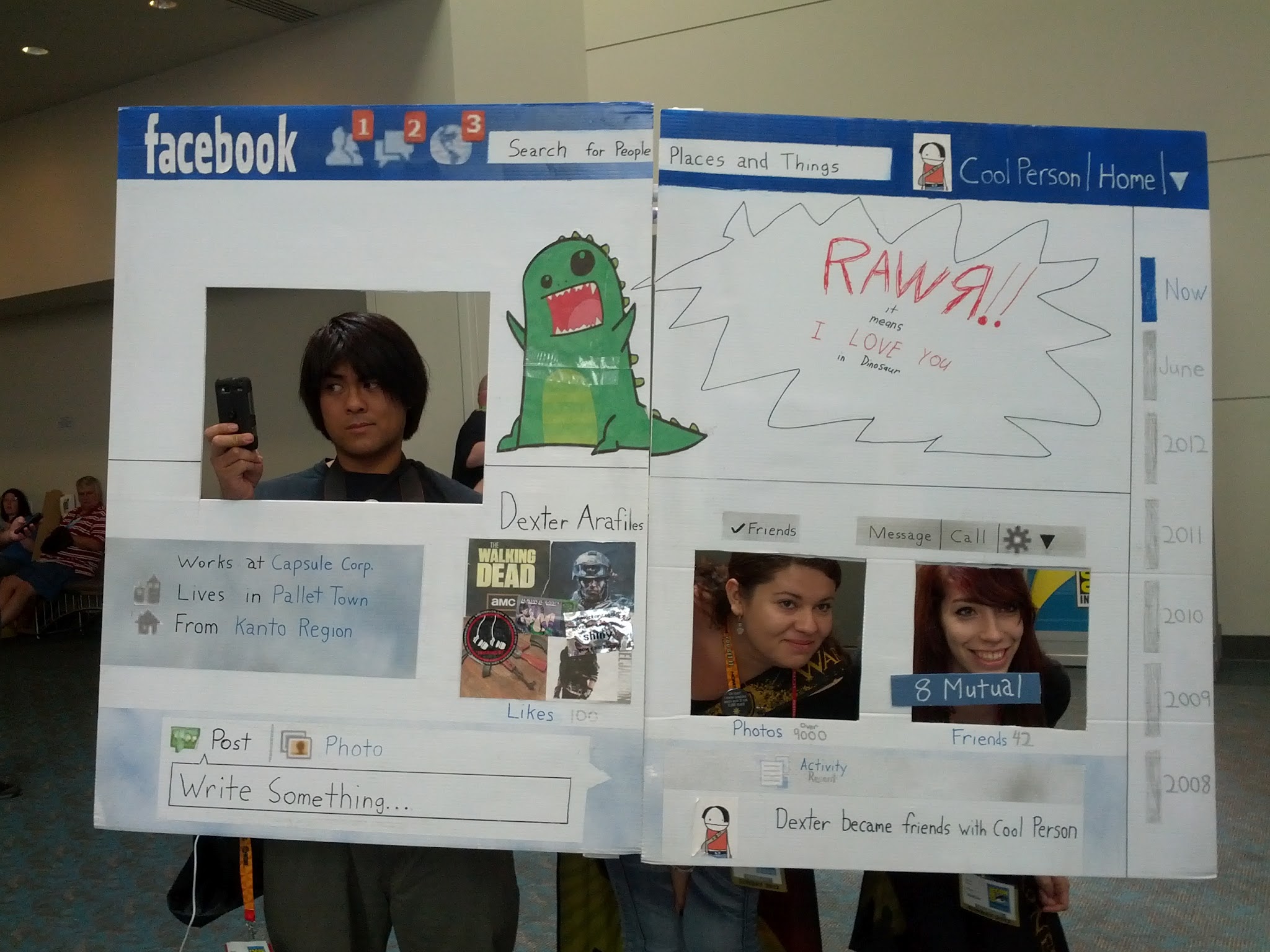Today, Ian Betteridge posts: “One thing that is impossible not to notice on Google+: There’s a very distinct skew towards big Google fans in commenting. It doesn’t matter which tech site’s page you look at, the (in my view, tedious) ‘fanboy’ mentality is hotter here than on any other social network”.
I commented on his post but want to draw more attention to Ian’s observation, to which I concur. I am rethinking my social service presence because of pervasive Googlism. While now immersed in the Google lifestyle, I am not a Google fanboy. But the leanings here are quite strong now, and tipping more all the time. Also, there is increasingly less tolerance for non-Google tech posts and more criticism of those regarding competitors like Apple.







